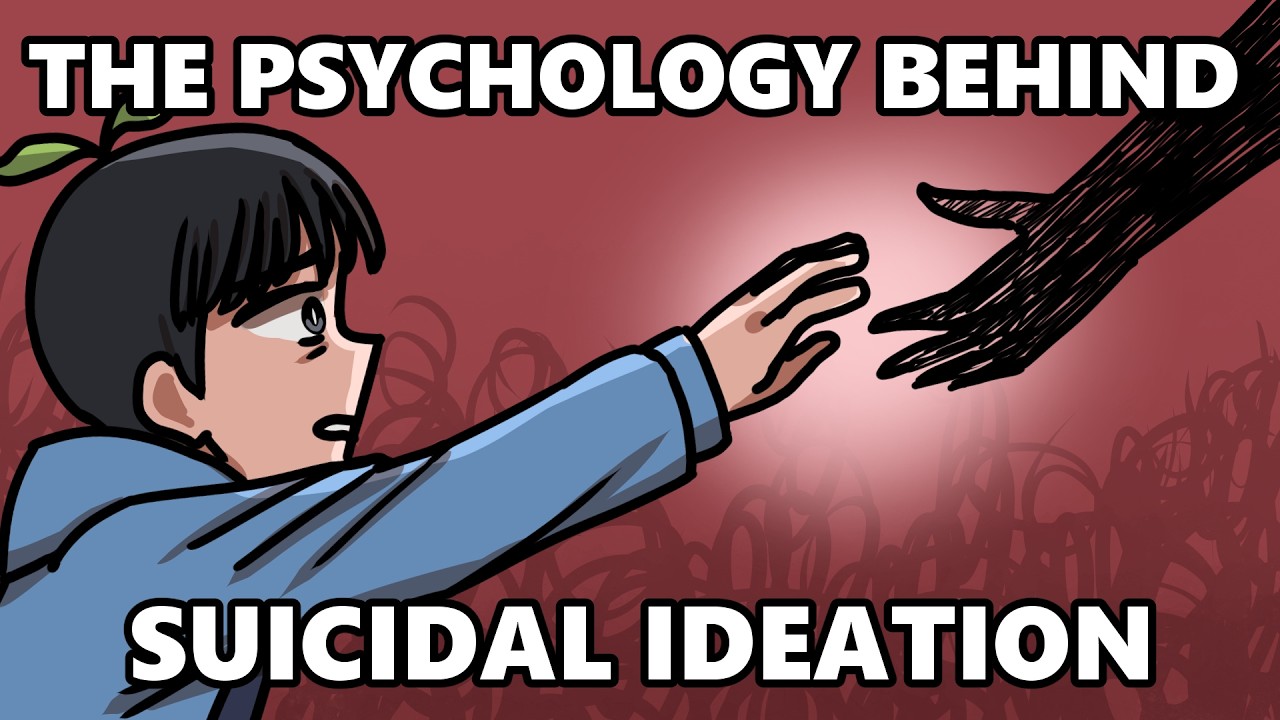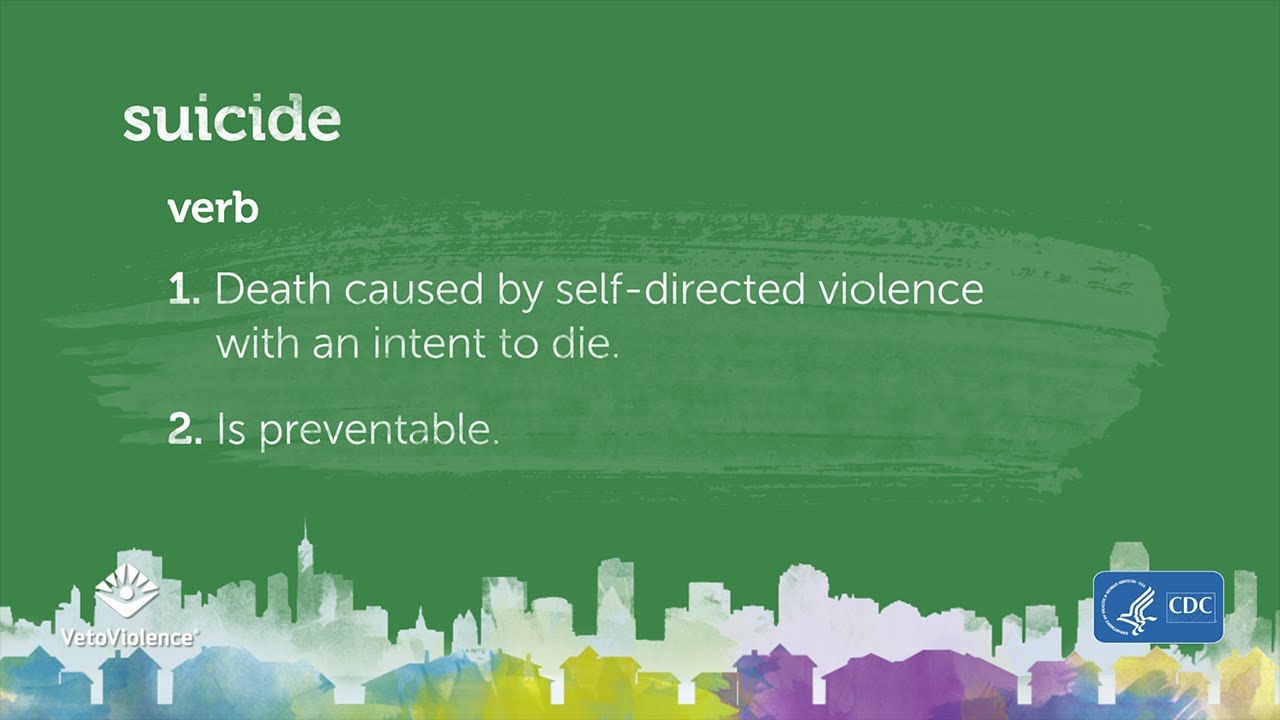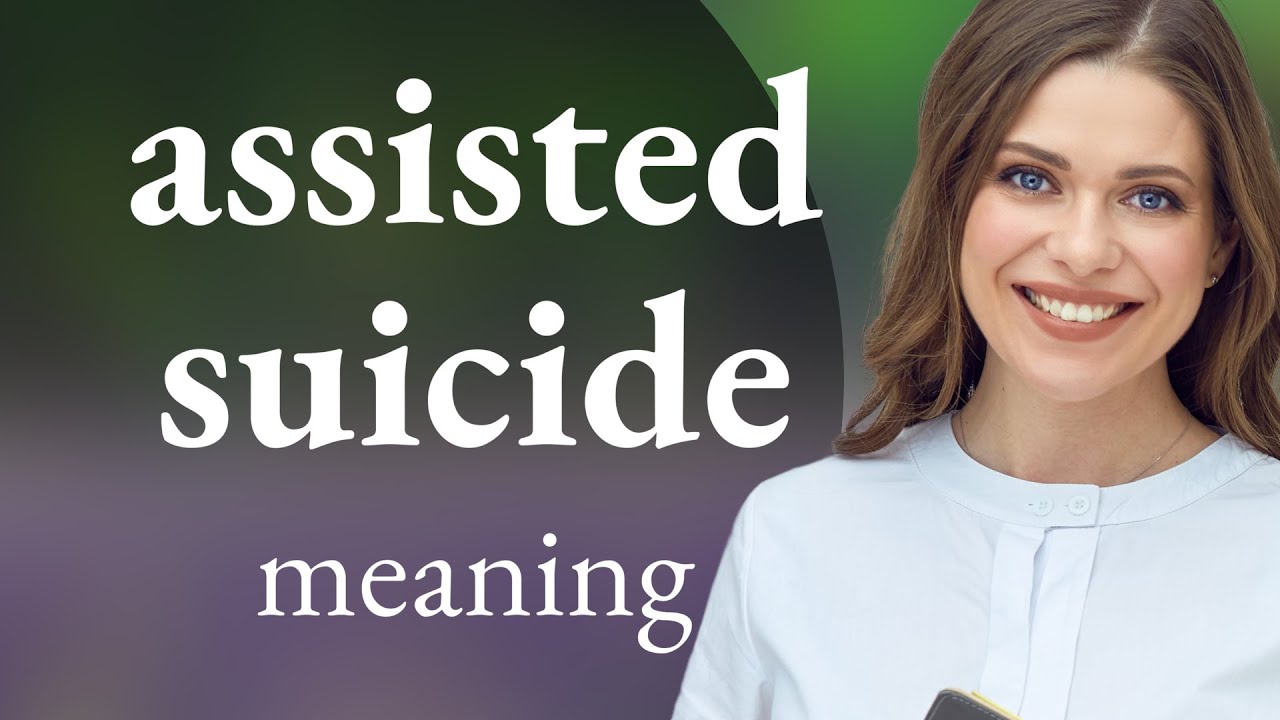Suicide means ending one’s own life, a decision that often arises from unbearable pain. In our society’s struggle with mental health, the suicide definition is crucial in shaping our conversations. It’s a heartbreaking reality that many people feel this is their only escape from suffering. It’s important to note that when someone ends their life, we say they “died by suicide,” whereas a “suicide attempt” refers to someone trying to end their life but not succeeding. According to the World Health Organization, the statistics around suicide are alarming, with rates on the rise globally. This highlights an urgent need for awareness and effective prevention strategies.
Understanding the suicide definition also compels us to delve into how mental health struggles intricately connect with society’s expectations and norms. As parents, we must acknowledge that factors such as social isolation, economic stress, and addiction can play significant roles in shaping an individual’s mindset. For those of us at Mothers Against Addiction, it emphasizes our mission: we create spaces where open discussion about these struggles is prioritized. With kindness and understanding, we can foster environments where no parent ever feels alone.
As parents of children battling addiction or who have tragically lost their child to this cruel actuality, realizing how this definition ties to what we experience brings us face-to-face with our fears. It’s here that vulnerability meets the human experience, where we witness not just pain but the resilience and hope that can emerge from such profound sadness. Let’s talk openly; it’s time to shed light on these often-unspoken issues.

The Interplay of Suicide in the Context of Violence
Diving deeper, it’s crucial to understand the relationship between suicide and violence. The violence definition extends beyond physical harm; it also includes emotional and psychological wounds inflicted by societal pressures. Many individuals grappling with suicidal thoughts experience a form of violence against their sense of self-worth. High-profile cases like Robin Williams’ tragedy illustrate how mental health issues can intertwine with external pressures, leading to despair and loss.
For those affected by addiction, the struggle intensifies. Love often turns to frustration, and the emotional toll can become overwhelming for parents witnessing their child’s turmoil. At Mothers Against Addiction, we hear these stories every day, stories that draw attention to the intertwining paths of addiction and mental health crises. It’s not just about the substance; it’s about the mental health ramifications too.
Understanding this interplay can feel daunting, especially when one considers that abuse synonyms, such as emotional neglect or psychological trauma, are often catalysts in these scenarios. We must advocate for open dialogues that allow our children to feel safe discussing their struggles without fear of judgment. This will lead to a more supportive community and reduce the stigma surrounding mental health.

Exploring the Psychological Impact: Moral Injury and Impairment Meaning
The concept of moral injury is pivotal, particularly for those who have dedicated their lives to serving others, such as veterans and first responders. This kind of injury arises from actions that clash with one’s ethical beliefs, leading to profound guilt and shame. These emotions can weigh heavily on individuals, sometimes pushing them toward suicidal thoughts. Underlying this betrayal of one’s morals lies a deeper, more visceral pain that can spiral into addiction.
Moreover, impairment meaning often goes beyond physical capability. It encompasses the cognitive and emotional scars borne from trauma and addiction. For those battling substance use disorders, the journey to recovery can seem insurmountable at times, a looming shadow of hopelessness. Our parents often feel lost in this fight—understanding these aspects can equip families with the knowledge to support one another.
At Mothers Against Addiction, we acknowledge both moral injury and impairment. Together, we can understand these challenges and take steps toward healing. Creating an environment where these conversations can flourish is vital, allowing parents and children to embrace their vulnerabilities and seek the professional guidance they need.

Breaking the Silence: Understanding Suicide Silence
“Suicide silence” captures the often-unspoken struggles faced by individuals contemplating suicide. This silence stems from the stigma surrounding mental health discussions. As parents, we know how critical it is to break that silence. By fostering a culture of openness and compassion, we can guide our children toward healing.
Survivors often reflect on how sharing their experiences transforms their pain into power. Celebrities like Demi Lovato have bravely opened up about their battles with mental health, illustrating the power of storytelling. By speaking openly, we build bridges between hearts, offering validation and understanding to those who feel isolated.
When we talk about suicide and mental health candidly, we chip away at the stigma. The more we discuss difficult topics like this, the less “taboo” they become. Through love and support, we can create a world where our children feel empowered to express themselves. They must know they’re not alone in their struggles.

The Language of Pain: Insult Synonyms and Stigmatized Definitions
Language matters more than we often realize, especially regarding sensitive topics like suicide. The phrases we use can either heal or harm. Insult synonyms—like derogatory labels for mental illness—contribute to an environment that marginalizes and silences individuals in pain. We must strive to foster empathetic dialogue that refrains from labeling and instead focuses on understanding.
Understanding the stigmatized definition of addiction and mental health problems is crucial. It allows us to reshape the conversation, inviting compassion where once there was judgment. In doing so, we create spaces that uphold dignity and promote healing for families navigating these challenging waters.
By focusing on supportive language, we strengthen our community’s ability to talk about their struggles. This evolution requires a collective effort, as we stand united in rejecting derogatory language and instead embracing words that uplift. We can build genuine connections where empathy reigns and healing begins.

The Dark Side: Abuse Synonyms and Discrimination Synonyms
Abuse can take many forms, and there are notable abuse synonyms that resonate throughout discussions about mental health. Emotional and psychological abuse can lead individuals down a dark path—where despair and suicidal thoughts take hold. The scars of such experiences run deep and are not easily seen. These painful experiences can intertwine with addiction, resulting in compounded difficulties.
Additionally, discrimination synonyms highlight the societal inequities that predominantly affect marginalized communities, making it essential to address these pervasive issues. For instance, LGBTQ+ youth face alarming suicide rates, often exacerbated by societal rejection and discrimination. It’s vital as a community to rally together against systemic barriers that lead to despair and hopelessness.
At Mothers Against Addiction, we stand firm in our commitment to support families struggling with these interconnected issues. By addressing both abuse and discrimination, we can highlight the need for inclusive resources that reach everyone, regardless of their background. Let’s build connections that affirm each individual’s worth, promoting resilience against the dark shadows of discrimination.
The Role of Unemployment Rate and Illicit Activities in Suicide Risk
One often overlooked factor in understanding suicide is how economic hardships play a pivotal role. The unemployment rate ties directly to an increase in suicide risks. During the economic downturn of 2008, experts noted a significant spike in suicide rates among jobless individuals. Feelings of hopelessness and despair can accumulate and overwhelm even the strongest of individuals.
Relatedly, engaging in illicit activities to avoid financial ruin can escalate tensions and stress, pushing individuals toward the brink. The choices people make often stem from desperate circumstances, creating a cycle of poor decisions that further entrench them in hopelessness. Such scenarios are not just statistics; they represent families just like ours, grappling with visible and invisible wounds.
For families caught in this storm, acknowledging the connection between economic distress and suicide has vital implications for how we position our resources. At Mothers Against Addiction, we focus on building resilience that combats despair through community and connection, fostering hope amidst crises.
Insight from Suicide Quotes: Reflections from Survivors and Advocates
Powerful suicide quotes from those who have navigated these dark waters serve as testimonials of resilience. Inspirational figures, such as Vincent Van Gogh, famously said, “The sadness will last forever.” Striking a chord with many, these words echo the depth of feelings that can accompany depression and mental health struggles. Yet, they also highlight the shared nature of suffering.
Engaging with these quotes promotes validation. When individuals feel isolated, knowing that others have walked similar paths can foster a sense of belonging. At Mothers Against Addiction, we encourage parents to share such reflections with their children, instilling solidarity and understanding. Through these connections, we can help navigate the emotional landscapes that surround addiction and mental health crises.
As we come together, let’s remember that every story matters. By sharing our collective experiences and struggles, we pave pathways for healing and recovery. A community built on compassion, empathy, and understanding can truly make a difference.
This exploration of suicide definitions, its multifaceted impacts, and the importance of community support underscores the vital role we can play in each other’s lives. By facing these conversations head-on, we can break the stigma and create environments where individuals feel free to share their truth. Together, we can foster healing, understanding, and a hopeful future for our children and loved ones affected by addiction and mental health challenges.
Suicide Definition: Understanding Its Impact
Understanding the suicide definition goes beyond just a dictionary explanation—it touches the lives of countless individuals. Did you know that the storyline of the 1992 space movie mirrors the complexities of mental health issues, including the struggles some face with suicidal thoughts? It serves as a reminder that the entertainment industry often reflects real-world challenges, emphasizing the importance of understanding mental health issues in our society.
The Challenge of Mental Health
An estimated 70% of individuals coping with addiction experience post acute withdrawal syndrome, which can exacerbate feelings of hopelessness and despair. This cycle often intertwines with severe anxiety, pushing some towards contemplating suicide—making resource access more crucial than ever. Thankfully, facilities like Banner Hospital can provide support and intervention. When there’s awareness about suicide Methods and the pressing need for mental health resources, the possibilities for prevention widen considerably.
Fun Facts and Insights
When discussing the suicide definition, it’s vital to look at how culture impacts our perception of mental health. For instance, the quirky genre of Futanari Games isn’t just entertainment; it brings people together who might feel isolated, reminding them they aren’t alone in their struggles. Language also plays a fascinating role; for example, pork in Spanish reminds us that understanding cultural nuances is essential when discussing sensitive topics, as they can influence people’s willingness to speak about their challenges.
In pursuing this conversation about mental health and wellbeing, engaging in activities that promote wellness, such as exploring healthy water flavoring options, can sometimes uplift one’s mood. It’s intriguing how simple lifestyle changes may contribute to better mental health outcomes. Overall, while the suicide definition encapsulates a critical issue, initiatives to foster conversation—just like how Jenifer Lewis advocates for mental health awareness—can create a supportive environment.
Understanding the suicide definition involves looking at both the facts and the cultural narratives that shape our understanding. Awareness is the first step in fostering community, improving mental health, and ultimately saving lives.





























